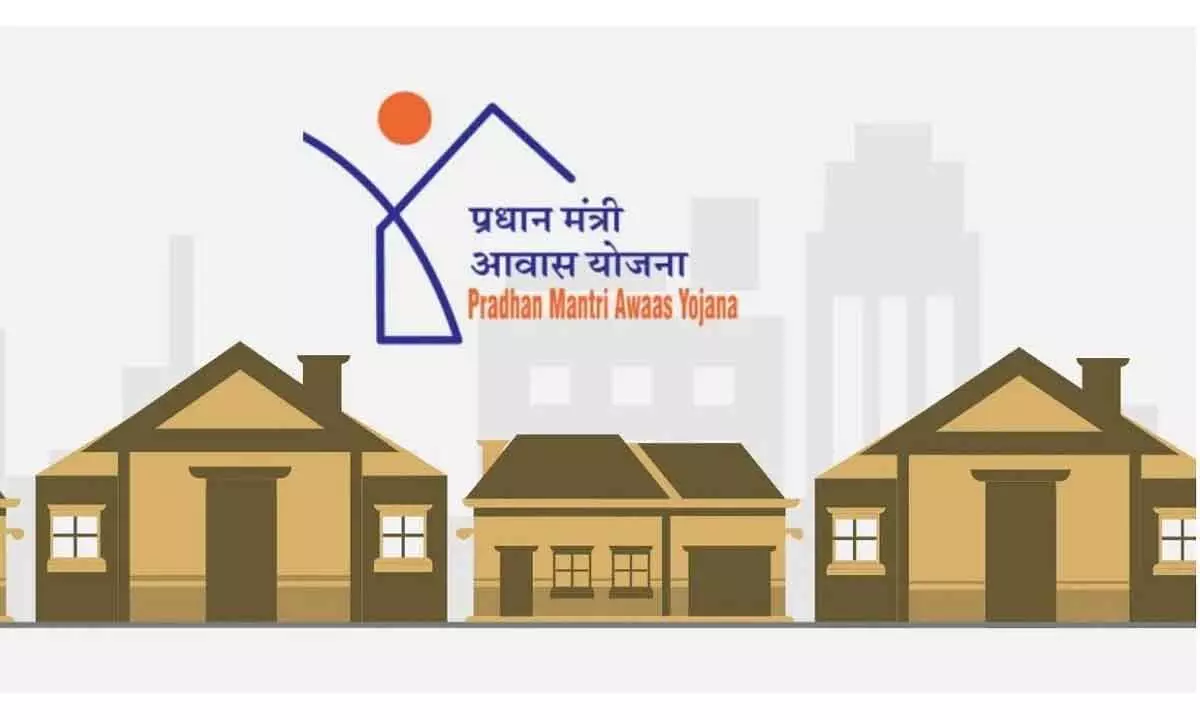States demand higher allocation under PMAY
BJP-run Assam, MP urge Centre to consider wage rise in forthcoming Budget as PM Awas Yojana is calculated as per rates determined by MGNREGA norms
image for illustrative purpose

Mounting Pressure
- States seek more funds for effective utilization of PMAY
- So far, 4.21 crore houses built under PMAY
- NDA govt aims 3 cr more houses in 3rd edition
New Delhi: Pressure is mounting on the central government to increase allocation for Pradhan Mantri Awas Yojana (PMAY). Assam and Madhya Pradesh, both ruled by the Bharatiya Janata Party (BJP), have urged Agriculture Minister Shivraj Singh Chouhan for increasing allocation on the ground that wages rose steeply. This, as official sources told Bizz Buzz, is expected to impact the calculations of Budget 2024-25, which will be presented on June 23.
The wage component of PMAY is calculated at the rates determined by MGNREGA rules. Assam and Madhya Pradesh Chief Ministers Himanta Biswa Sarma and Mohan Yadav, respectively, recently met Chouhan in New Delhi. While a number of issues came up for the discussions, the PMAY allocation was high in the priority of both Chief Ministers.
Both Chief Ministers emphasized that PMAY being a flagship welfare programme of the Narendra Modi government, it should not be allowed to suffer on account of shortage of funds. It may be mentioned here that, in its third edition, the first decision the Modi government took was to build three crore more homes for the urban and rural poor under the PMAY.
The Central government has been implementing the PMAY since 2015-16 to provide assistance to the eligible rural and urban households for construction of houses with basic amenities. Under the PMAY, total of 4.21 crore houses have been completed for the eligible poor families.
All the houses constructed under the PMAY are provided with basic amenities such as household toilets, LPG connection, electricity connection, and functional household tap connections through convergence with other schemes of the central and State governments, an earlier press release said.
In a continuation of the government’s efforts towards empowerment, the scheme introduced a transformative provision, mandating that the female head of the family be the owner or co-owner of the house, thereby ensuring that women from economically weaker sections and low-income groups are given significant ownership and empowerment.
Additionally, the PMAY emphasizes the use of environmentally sustainable and disaster-resilient construction practices, ensuring that rural housing is not only affordable, but also durable and safe, the release said.


